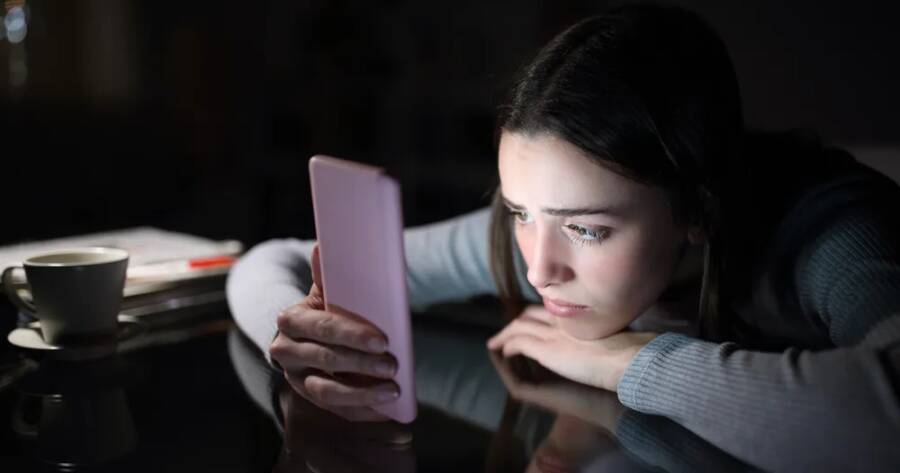In an era where social media dominates communication, entertainment, and even business, its impact on mental health has become a growing concern. While these platforms offer connectivity and information-sharing opportunities, they also contribute to anxiety, depression, and decreased self-esteem. As screen time increases, so do the risks associated with excessive social media use. This article explores scientific studies on the effects of social media on mental health and provides expert-backed strategies for maintaining a healthy relationship with digital platforms.
The Link Between Social Media and Mental Health Issues
Numerous studies have linked excessive social media use to various mental health concerns. Research from the Journal of the American Medical Association (JAMA) found that young adults who spend more than three hours daily on social media are at a higher risk of developing symptoms of depression and anxiety. Another study from the University of Pennsylvania demonstrated that reducing social media use to 30 minutes a day led to significant improvements in well-being and reduced feelings of loneliness.
Social media can negatively impact mental health in several ways:
- Comparison Culture: Platforms like Instagram and TikTok promote unrealistic beauty and lifestyle standards, leading to increased body dissatisfaction and low self-esteem.
- Doomscrolling: Constant exposure to negative news and distressing content can heighten stress and anxiety.
- Fear of Missing Out (FOMO): Seeing others’ curated highlight reels can create feelings of inadequacy and exclusion.
- Cyberbullying: Online harassment is a serious issue, affecting users of all ages and leading to emotional distress and, in severe cases, depression or suicidal thoughts.
How Excessive Screen Time Affects the Brain
Prolonged screen time, particularly in social media consumption, has been shown to affect brain function and emotional regulation. Neuroscientists have discovered that social media platforms are designed to trigger the brain’s dopamine reward system, making them addictive. This constant stimulation can lead to:
- Reduced attention span: Frequent notifications and scrolling behavior make it harder to focus on tasks.
- Sleep disturbances: Blue light emitted from screens suppresses melatonin production, leading to poor sleep quality and increased anxiety.
- Emotional dysregulation: Overstimulation from digital content can make individuals more reactive and emotionally unstable.
Research has found that teens who spend more than five hours a day on social media show increased sensitivity to social feedback, which can exacerbate stress and social anxiety.
Strategies for a Healthier Relationship with Social Media
Given the potential risks, mental health experts recommend setting boundaries and developing mindful digital habits. Here are some strategies to mitigate the negative effects of social media:
1. Set Time Limits
Apps like Instagram and TikTok now offer built-in screen time tracking features. Limiting daily use to under one hour can help improve mood and focus.
2. Curate Your Feed
Unfollow accounts that promote unrealistic standards or cause stress. Instead, follow pages that focus on mental health, wellness, and positivity.
3. Practice Digital Detoxing
Taking periodic breaks from social media—whether for a few hours daily or an entire weekend—can improve mental clarity and reduce stress levels.
4. Engage in Offline Activities
Balancing screen time with physical activities like exercise, hobbies, and face-to-face social interactions can enhance overall well-being.
5. Seek Professional Support if Needed
If social media use is significantly affecting your mental health, consulting a therapist or counselor can provide personalized coping strategies.
Navigating the Digital Age Mindfully
Social media is an integral part of modern life, but its effects on mental health should not be overlooked. While these platforms offer valuable connections, excessive use can lead to anxiety, depression, and other psychological issues. By implementing expert-backed strategies such as limiting screen time, curating content, and prioritizing offline activities, individuals can foster a healthier relationship with social media. In the digital age, mindfulness and balance are key to protecting mental well-being.

